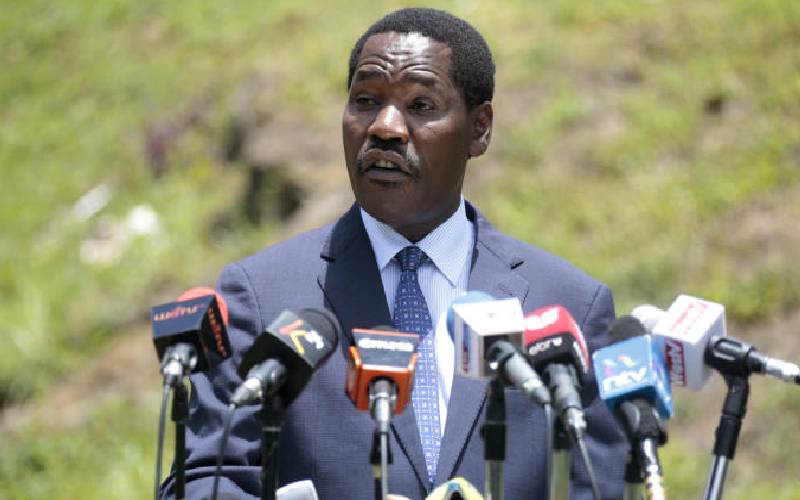×
The Standard e-Paper
Stay Informed, Even Offline

Agriculture Cabinet Secretary Peter Munya (pictured) was yesterday put to task to explain why Sh1.5 billion provided by the World Bank to help revival of coffee production in Kenya has only benefited counties in the Mt Kenya region.